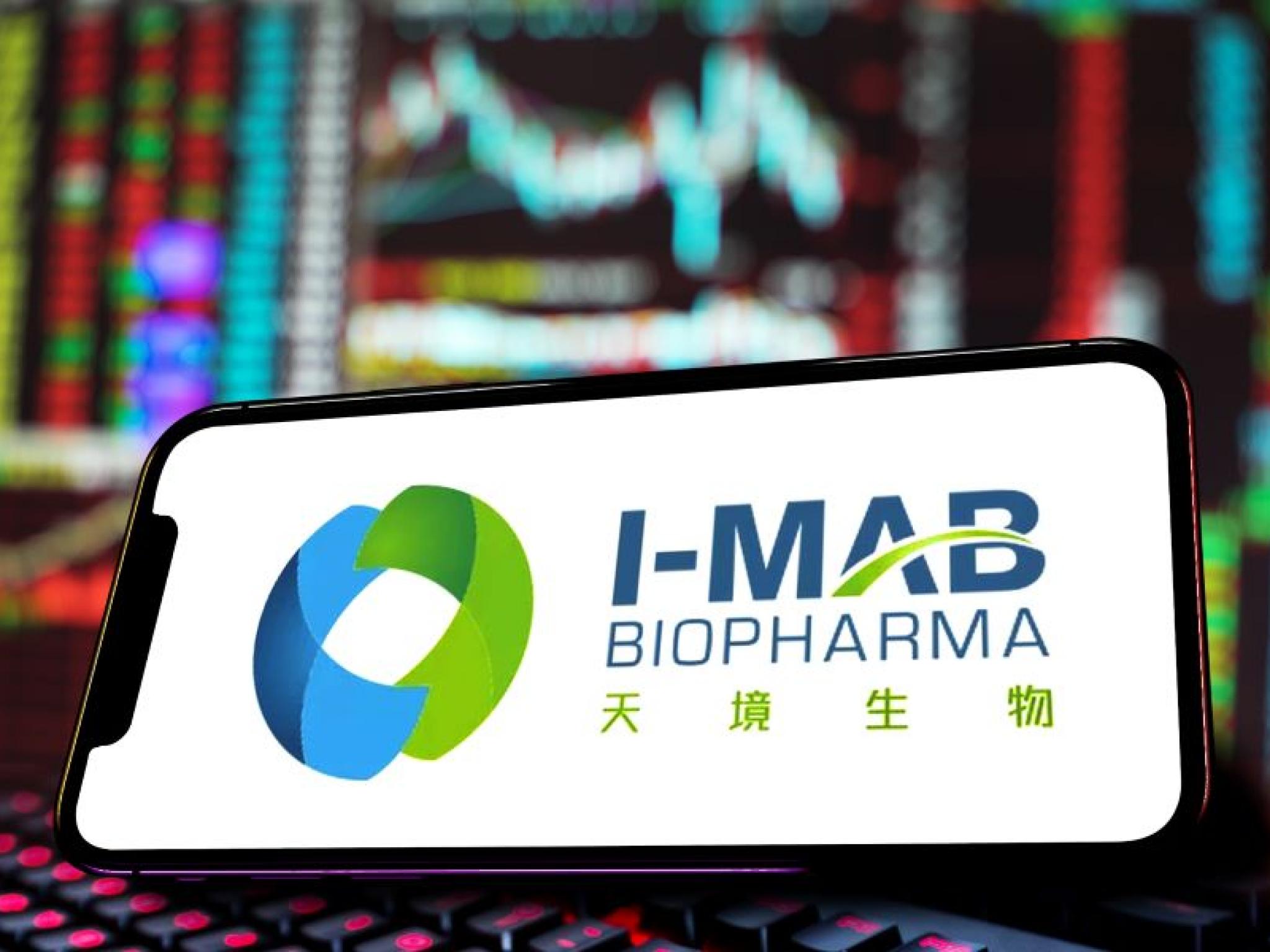
Key Takeaways:
- Vivere Lifesciences Acquisition Corp., whose co-founders include U.S.-listed I-Mab, could become the first Hong Kong SPAC backed by a U.S.-listed Chinese company
- The SPAC is targeting Chinese or multinational companies with Chinese operations in the health sector
By Fai Pui
The Hong Kong Stock Exchange (0388.HK) took a major step this January by allowing special purpose acquisition companies (SPACs) to file for IPOs. Though off-limits to retail buyers and only accessible to larger professional investors, many big-shots in the capital market have hopped on board the frenzy and set up SPACs, hoping to score big profits that many similar sponsors have found in the U.S.
The exchange received its seventh SPAC application on Feb. 21 from Vivere Lifesciences Acquisition Corp. whose name hints at what kind of real-world company may eventually inhabit the empty shell the sponsors hope to take public. According to the prospectus, Vivere Lifesciences hopes to attract a Chinese or multinational company with Chinese operations in the health sector, with a focus on areas including biotech, diagnostics, medical equipment, healthcare-related technologies and synthetic biology.
Vivere Lifesciences’ backers come with high pedigrees for what they’re trying to do. Its two major founders are VMS Asset Management, which boasts a vaunted record in health-sector investment, and U.S.-listed Chinese drug maker I-Mab (NASDAQ:IMAB). It is also distinguished as the first Hong Kong SPAC co-founded by a U.S.-listed Chinese company.
Some individuals have also piled in, including VMS Asset Management executive director Ng Siu Wai, I-Mab executive director Zhu Jielun and VMS Asset Management vice president Chen Ya Chun. UBS is the SPAC’s sole sponsor.
According to its application, VMS Asset Management holds 52% of Vivere Lifesciences’ shares, I-Mab holds 30% and individual shareholders hold the remaining 18%. VMS Asset Management was established in 2006 and set up its health-sector investment team in 2017. In the five years since then it has already invested around $187 million in 11 companies from Greater China, the U.S. and Israel. Seven are listed in Hong Kong, China and the U.S., including I-Mab, New Horizon Health (6606.HK) and Zhaoke Ophthalmology (6622.HK). VMS chief Ng is also a co-founder and president of Vivere Lifesciences.
Paving the way for I-Mab Hong Kong listing?
Founded in 2016, I-Mab develops, produces and commercializes innovative biological drugs in China with a focus on treatments for cancer and auto-immune diseases including glioblastomas, multiple myeloma and stomach cancer. The company listed on the Nasdaq two years ago at an IPO price of $14. Its shares climbed as high as $85.40 at one point, representing a sixfold increase from the IPO price. But biotechs started to stumble late last year, and I-Mab has gotten caught in the selling storm. Its shares closed at $24.72 on Monday, down more than 70% from their high.
Like most biotech companies, I-Mab is not yet profitable. But it has 10 biologics in clinical trials and another 10 in the pre-clinical-trial stage. Two of those are about to file for marketing approval or register for clinical trials, five are in phase two clinical trials and three are in phase one trials.
So why has VMS Asset Management, which is already an I-Mab shareholder, joined hands with one of its portfolio companies to launch a SPAC? Despite appearances, it’s unlikely to be intended for a second listing in Hong Kong for I-Mab, since SPACs can only swallow up private companies with concrete business activities. But we can’t rule out this possibility completely because I-Mab could always leave the U.S. market.
I-Mab has a modest valuation of around $2 billion. If it exits the U.S. market and files for a second conventional IPO in Hong Kong, it can probably complete the process in a little over four months. By comparison, the new Vivere Lifesciences SPAC could get listed as soon as three months from now, after which it has two years to find a real company to inhabit its shell. It would have three years to finish the acquisition process once it identifies the target. So, a publicly-listed Vivere Lifescience could offer an easier pathway for I-Mab to the Hong Kong Exchange.
In fact, I-Mab’s board previously adopted a motion to speed up its efforts to list in Hong Kong before the SPAC’s launch, and authorized management to put a plan into motion. That shows the company has expressed interest in a Hong Kong listing, but is taking its time to find the best way to the market.
Target in mind?
It may also well be that VMS Asset Management has set its sights on other targets and is launching the SPAC with that in mind. U.S. rules forbid such practice, saying SPACs can only look for targets after going public. But in reality, many companies already have targets in mind before their SPACs file for IPOs, and most target their own affiliated companies. The SPAC mechanism offers them a way to take those affiliates public without as many hassles as those involved in the traditional IPO process.
So, there’s also a chance the new SPAC will try to acquire one of VMS Asset Management’s other portfolio companies. Vivere Lifescience’s application stating it will search for targets that will help it thrive in the Chinese market also bolsters this possibility.
Among its other portfolio companies, VMS Asset Management in January led the series-A funding round for Yizun Biomedical, a company focused on cell therapy, especially treatments for solid carcinoma and general-purpose allogeneic-cell technologies. Last March, it spearheaded the series-A funding for Chime Biologics, which specializes in bio-medicine contract development and manufacturing organizations (CDMO). Other investors in that deal included Fidelity International and Panacea Venture. And last June, it took part in the series-C funding for Inmagene Biopharmaceuticals, a producer of immuno-medicine. Any of those could be potential targets for Vivere Lifescience.







